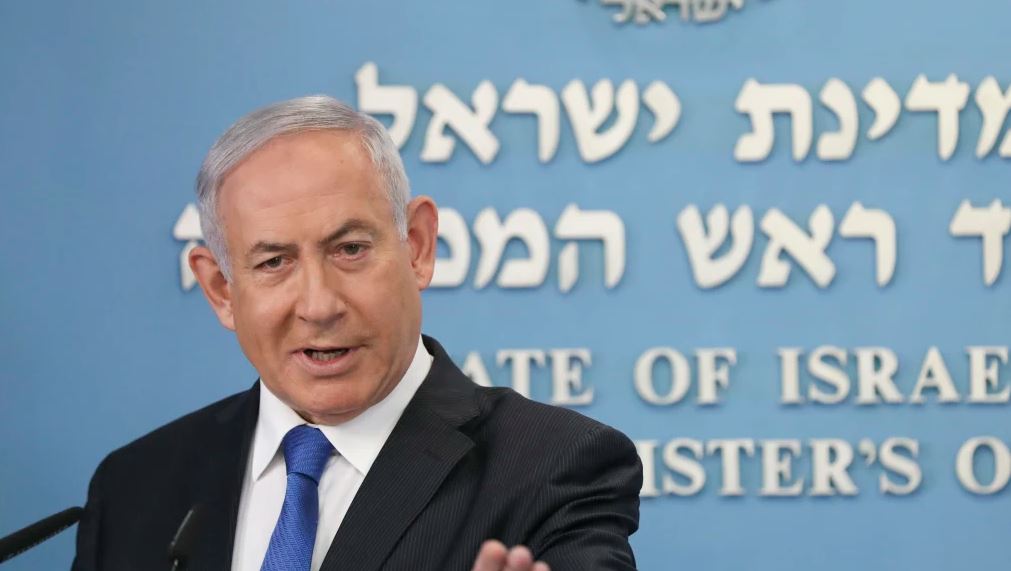The announcement that the United Arab Emirates and Israel will establish diplomatic ties and normalise relations is hugely significant for the Middle East.
The UAE becomes the third Arab state to recognise Israel, following Jordan in 1994 and Egypt in 1979. Though it has taken decades longer than it should have, Israel is finally becoming accepted as a legitimate stakeholder in the Middle East and part of the regional furniture.
The fact that it has been the UAE — the most moderate and progressive of the Gulf states — to take this step forward should come as no surprise. This move would have been co-ordinated closely with other Gulf states, including Saudi Arabia. With some luck and some patience, other Gulf states will follow the UAE’s lead.
The opening between the UAE and Israel formalises a strategic realignment that has been under way in the Middle East for some time.
For a number of years now, the interests of Israel and much of the Arab world have been converging. Foremost among these interests is concern about Iran’s nuclear ambitions, its ballistic missile program, and its regional destabilisation efforts and support to terrorist groups, from Yemen to Syria and Lebanon.
These shared concerns have lead to growing behind-the-scenes communication and co-ordination between Israel and the Gulf states. Private meetings between retired generals and intelligence chiefs at international conferences have provided the means.
Read the article by Dave Sharma in The Sydney Morning Herald.

